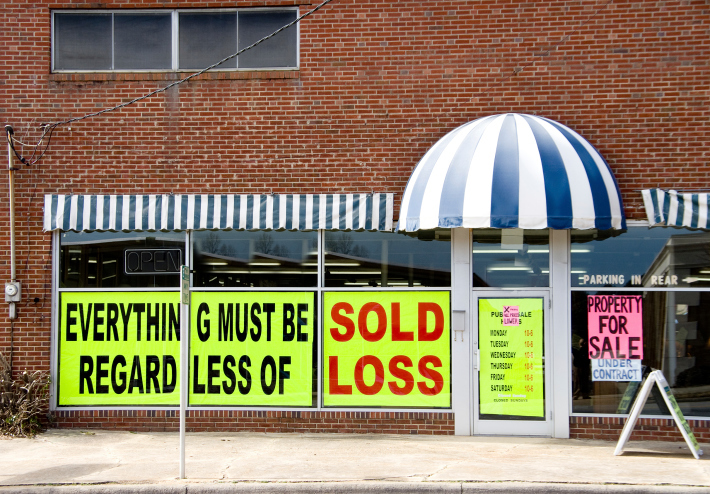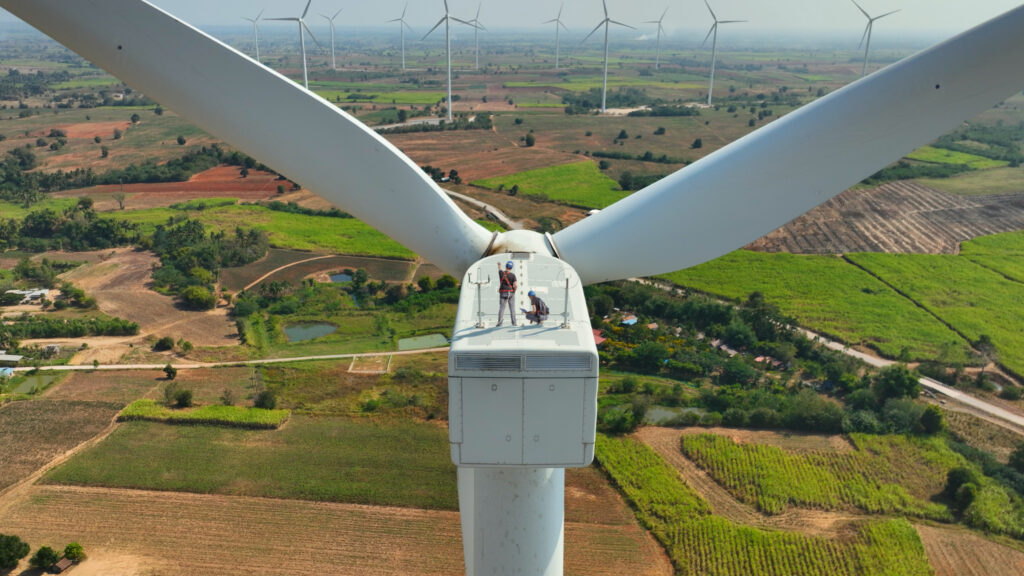A study commissioned by the National Black Chamber of Commerce to evaluate the potential economic impacts of the Environmental Protection Agency’s (EPA) clean power plan (CPP) on minority groups, found the CPP would increase poverty in the black community by 23 percent and cause the loss of 7 million jobs for black Americans by 2035.
The Black Chamber of Commerce represents 2.1 million black-owned businesses in the United States.
Looking at the impact of the CPP on the Hispanic community, the study found it would increase poverty among Hispanics by 26 percent and result in the loss of 12 million jobs in the Hispanic community by 2035.
Testimony Highlights Harms
In testimony before the Senate Environment and Public Works Committee on June 23, National Black Chamber of Commerce President Harry Alford discussed the report, Potential Impact of Proposed EPA Regulations on Low Income Groups and Minorities, testifying, “The study finds that the Clean Power Plan will inflict severe and disproportionate economic burdens on poor families, especially minorities. The EPA’s proposed regulation for GHG [greenhouse gas] emissions from existing power plants is a slap in the face to poor and minority families.”
“These communities already suffer from higher unemployment and poverty rates compared to the rest of the country, yet the EPA’s regressive energy tax threatens to push minorities and low-income Americans even further into poverty,” said Alford.
The report found the CPP would “decrease Black and Hispanic median household income by $455 and $515 respectively, in 2035,” Alford testified.
West Virginian’s Under Fire from Power Regulations
CNS News (6/24/15), covering the Senate testimony and the Black Chamber’s study, quoted Sen. Shelley Moore Capito (R-W.Va.), who opposes the CPP, saying the CPP will raise electricity prices and hurt businesses in West Virginia. West Virginia is among the poorest states in the nation, consistently ranking among the bottom five states in the nation for per capita income and median household income.
One family owned businesses in Capito’s home state, Ammar, Inc., operating 19 Magic Mart stores in West Virginia, Virginia and Kentucky wrote Capito concerning the CPP. The letter states, “There was a time when your greatest obstacle was your competitor, but if you worked hard, took care of your customers and offered quality merchandise at a fair price, you could compete successfully. Unfortunately, that is now not the case… The largest impediment we have to operating our business successfully is our own government, particularly the EPA. The rulings issued by the EPA have devastated our regional economy.”
“Coal provided 96 percent of West Virginia’s electricity last year. West Virginia has among the lowest electricity prices in the nation: last year, the average price was 27 percent below the national average,” said Capito to CNS News. “But that advantage will not survive this administration’s policies. Studies have projected the Clean Power Plan will raise electricity prices in West Virginia by between 12 and 16 percent.”
“Put simply, there is no way that this massive, largely EPA-driven reduction in coal fired electricity generation is going to impact only coal states. It’s going to impact the majority of states, and the families and businesses within them. Often, the poorest and most vulnerable populations will bear the brunt of this increase,” she said.
The findings of Black Chamber of Commerce’s study lend support to Capito’s views.
H. Sterling Burnett, Ph.D. ([email protected]) is managing editor of Environment & Climate News.





